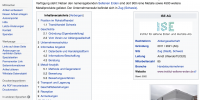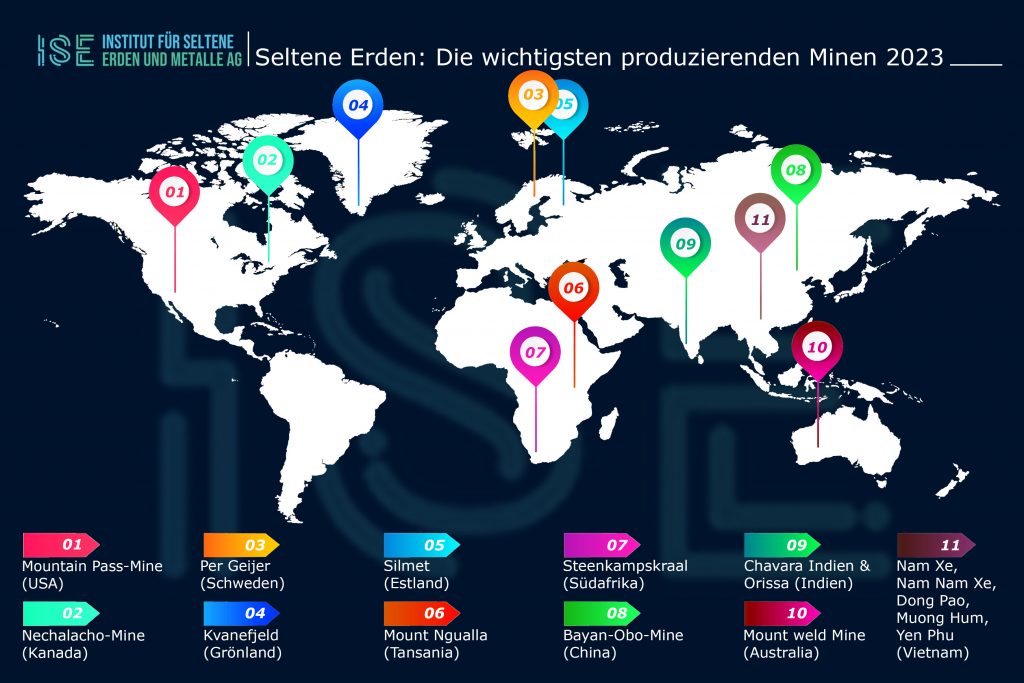22.01.2014 Düsseldorf, Institute of Rare Earths and Metals - The hot topics at the beginning of the rare earth and metals 2014 are, as expected, the announcement of China's export quotas, China's fight against smog, China's first steps into recycling, and the very critical shortage of germanium.
Export quotas for rare earths
At the end of 2013, the Chinese government has the new export quotas for the 1. Semester 2014 released. There is a decrease of 2,5% over all 17 elements compared to last year. By contrast, the decline in the scarce available rare earths is much greater at 7,3%. The forecast increases in demand could therefore soon lead to a price increase. However, the decisive factor will be the extent to which China's measures are being taken, illegal mining and smuggling permanently being brought under control.
China's initiative against smog
The extreme air pollution in China causes significant health problems. Now the country is planning massive investments. By the year 2017 alone, almost 100 billion euros will be spent on clean energy sources and greener vehicles. To realize this, large volumes of strategic resources are needed. This could be an explanation for the fact that China is increasingly building up strategic reserves in order to meet the growing demand in the long term. Indium, gallium, dysprosium and neodymium; Effects on the consumption figures of these metals are inevitable.
What contribution does recycling make?
The UK's geoscientist for minerals and waste, Mr. Andrew Bloodworth, expresses concern that various commodities needed for key technologies may become unavailable in the future. He sees substances such as indium, tellurium or germanium particularly critical. Special attention is therefore given to recycling. What contribution can secondary raw materials make to avoid future bottlenecks? Here Bloodworth and his team come to the conclusion that secondary raw materials are already essential for some metals today, but will not be enough to satisfy future needs in full.
Current development Germanium
After Beijing had announced the purchase of large quantities of germanium a year ago, this has already affected the price. Many experts assume that Germanium will become significantly more expensive during the course of the year. The situation could be aggravated by increasing interest from the Fanya Metal Exchange, which now seems to be throwing attention to germanium after indium and gallium. And the political tensions between Japan and China could also make their contribution. Japan has already significantly increased its defense budget. Metal-Pages reports these days that as a result, both Japan and China have placed significantly more orders for night vision equipment (which, incidentally, are increasingly being installed in cars). And these need known germanium.
Sources: www.nature.com, www.fem.uk.com, www.tradium.com, www.ise-ev.org, China daily, Alaister Neill,






